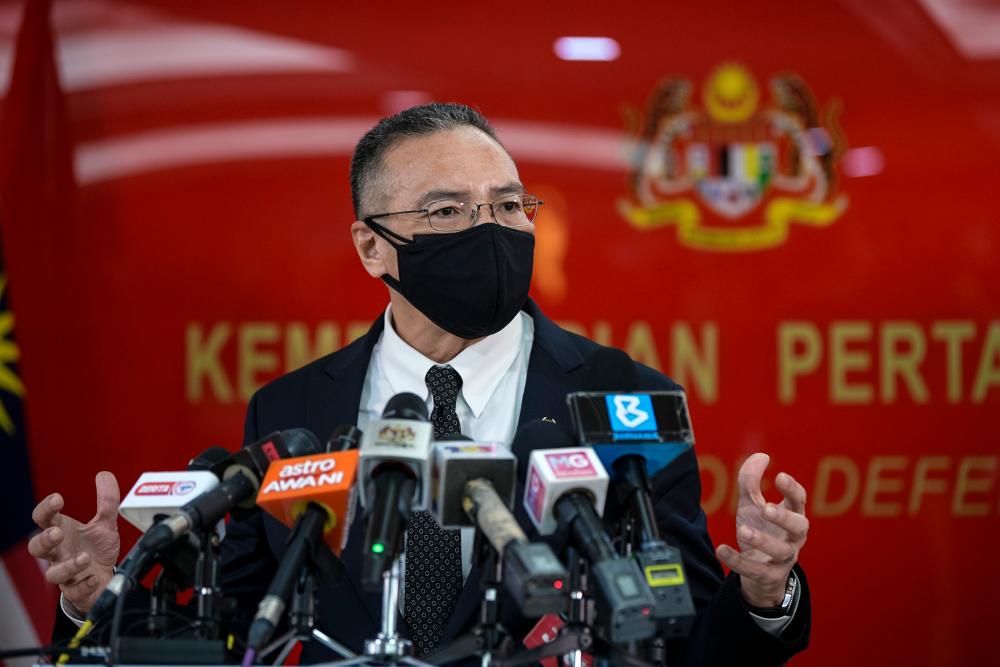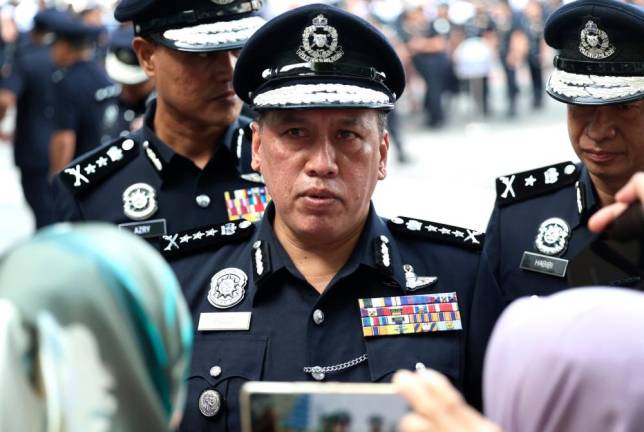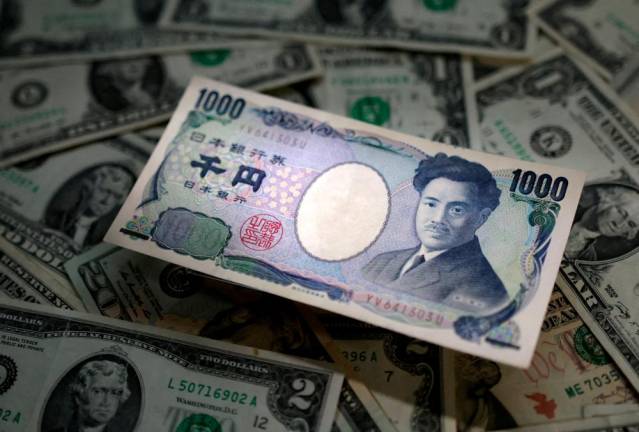PETALING JAYA: It is best for Malaysia and its Asean neighbours to stay by the sidelines when the superpowers slug it out.
Any move to side with one against the other will not work out well for the region, analysts said in their comments on the recently struck defence deal among the United States, United Kingdom and Australia, a deal known by its acronym “Aukus”.
Universiti Teknologi Malaysia geostrategist Dr Azmi Hassan said it is clear that Aukus is meant to curtail China’s influence over this part of the world.
“However, Asean must not make any kind of commitment to support or to challenge the deal. If we choose one over the other it will put us in a very awkward situation,” he told theSun.
Last Wednesday, US President Joe Biden announced a security alliance with Britain and Australia that, he said, would enable greater sharing of defence capabilities.
Under the deal, Australia will be equipped with nuclear-powered submarines, a move that could put greater strain on ties with China.
Azmi said Asean must realise that Australia is already a superpower in the Indo-Pacific region, “so they do not really consult smaller countries in their decision-making process”.
“But (morally), they should have at the very least explained what Aukus is all about,” he said.
He said Senior Defence Minister Datuk Seri Hishammuddin Hussein(pix) should not have announced that he will consult with China on the Aukus deal.
Hishammuddin had said in Parliament on Wednesday that he plans to make a brief visit to China soon to get the views of the Chinese government, especially on defence and on Aukus.
He also called on Australia to reach out to Cambodia, Laos, Myanmar and Vietnam to get their views.
“The minister’s announcement seems to suggest we support China,” Azmi said. “Malaysia should always stick to its neutral stand as we need both the US and China,” he said.
He pointed out that China continues to bully Malaysia when it comes to the Spratly Islands by constantly encroaching on Malaysia’s economic exclusive zone without care.
“We need to show them we have the support of the US when it comes to this issue. This clearly shows why as a nation or Asean as a grouping need to be neutral, we can’t afford to take sides,” he added.
Security and Defence analyst Datuk Dr Ruhanie Ahmad said Malaysia must be concerned because the trilateral security deal is aimed at containing China in the post-Afghanistan era.
He said if Aukus is allowed to become a reality Malaysia, as one of China’s trading partners, is bound to be caught in the middle of the big-power security strategy in Southeast Asia and in the Asia-Pacific.
“Additionally, Aukus is expected to accelerate geopolitical tension in the Asia-Pacific region, particularly in the South China Sea, where Malaysia, Brunei, the Philippines and Vietnam in Asean and China have overlapping territorial claims in the Spratly region.
“Aukus will create a security dilemma in Southeast Asia and may also provoke an arms race among certain nuclear powers in the region and in the Asia-Pacific as a whole,” he told theSun.
Ruhanie said Indonesia and Malaysia had already voiced their concerns and anxieties about Aukus while the Philippines has reportedly voiced its support for the alliance based on the grounds that it could provide a balance of power in the South China Sea and in the Asia-Pacific in general.
“If this is true, then Asean is faced with a possible ‘split’ in relation to Aukus. Asean has to act collectively to mitigate this possible ‘break-up’ through a collective effort to register its concern, anxieties and resentment on Aukus,” he added.










